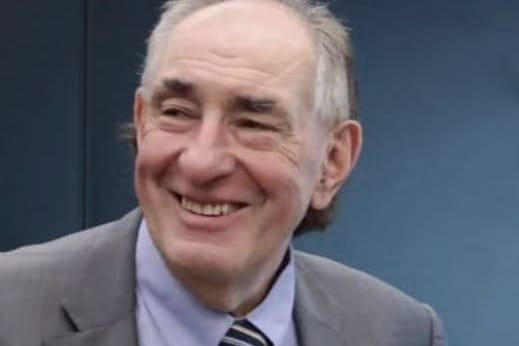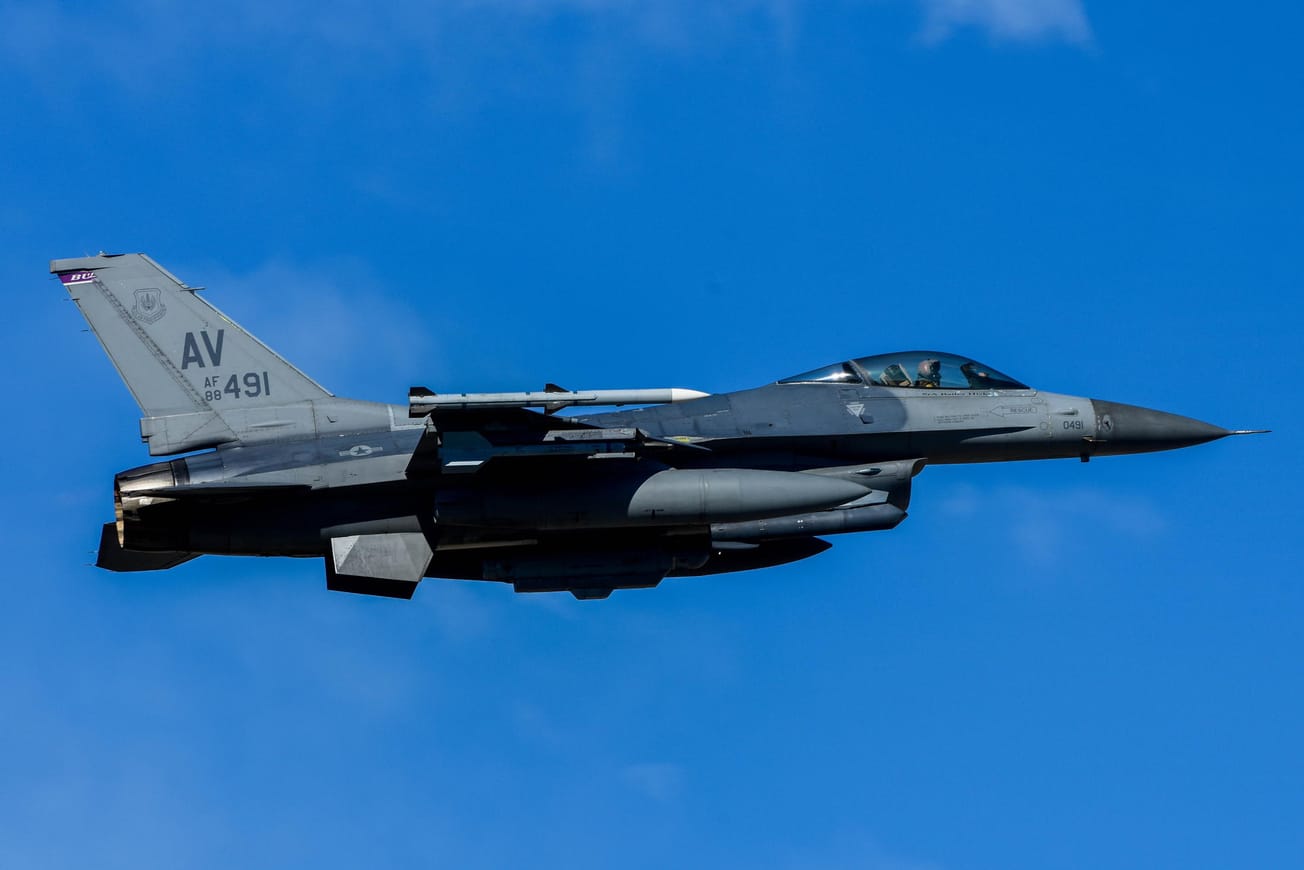Speaking at an online event today, Chantal Meloni debunked the narrative that the International Court of Justice’s ruling in the South African case was weak because it didn’t order a ceasefire. The event entitled, “The ICJ, Biden Lawsuit & Conditioning U.S. Military Funding to Israel,” was sponsored by the Just Vision think-tank, the Institute for Middle East Understanding, Jewish Currents quarterly magazine, and +972 Magazine. Another attorney, Diala Shamas, said that the extent of ongoing genocide in Gaza “breaks the scales” to be weighed by the courts. Two other guests, one from Israel and the other from the U.S., spoke as well.
Meloni, a criminal lawyer and professor at the Università degli Studi di Milano Statale, Italy, represents victims in Palestine before the International Criminal Court. She took on the line that the court hadn’t ordered a “ceasefire,” stating emphatically that “the provisional measures” ordered by the ICJ ruling “are binding on the parties.” Adding her own thoughts, she explained that “this case is historical and unprecedented”—and after all, it is the “Highest Court in the World.” Next, she recited three key provisional measures ordered by the Court and stated that “full enactment of these provisional measures implies a ceasefire and an end to the siege.” Meloni concluded with her own comment about the import of the measures, saying they are “especially important to protect the right to life.”
The moderator asked Meloni, what did she think Israel would do in light of the ruling? She replied: “We don’t know what Israel will do. It is very concerning” that Israeli settlers’ are declaring intentions to take over land in Gaza, since this would be “contrary” to the ICJ rulings. She noted: “South Africa could bring issues before the Court” if needed, and “there are actions the UN Security Council” could take as well. Later, she was asked, what standard, at this stage of the case, was the Court bound by to rule on whether provisional measures were appropriate? She emphatically said that the only “threshold” was that South Africa make a “plausible” showing that genocide was or may be ongoing.
Next, Diala Shamas, an attorney with the Center for Constitutional Rights (CCR), spoke on the import of the case they had filed in California federal court, on behalf of Palestinians and Palestinian-Americans, against President Biden, and Secretaries of State and Defense, Blinken and Austin, respectively. Shamas summarized two of the key elements of their case: first, plaintiffs charge the defendants with a “failure to prevent genocide,” under U.S. and international law, from occurring, and second, the ongoing acts of genocide are “so severe that they call for injunctive relief.” She noted that last week’s hearing before Judge Jeffery S. White was “remarkable,” as it was the first time Palestinian voices spoke directly to a court. Each plaintiff-witness who spoke, wove through their testimony the Nakba, its impact on them personally and the history of their families. Shamas spoke of the “unfathomable tragedies,” citing plaintiff Ahmed Abofoul’s testimony that, since the November 2023 filing of this case, 60 members of his family had been killed. She said that “what is happening in Gaza breaks the scales.” Lastly, she quoted Judge White telling the courtroom last week that this is the “most difficult” case of his career and one he finds “gut-wrenching.”
The other two speakers at today’s forum were John Ramming Chappell, an advocacy and legal advisor at the Center for Civilians in Conflict, and Amjad Iraqi, senior editor at +972 Magazine and policy member at the Al-Shabaka think-tank. Chappell, asked to speak on the impact of popular protests and action, said that he sees an “upswell of engagement” and encouraged more of it. However, he felt it will be a long time before the transfer of weapons is curtailed, and cited Biden’s skirting of Congressional approval on such matters.
Mr. Iraqi was asked about the reactions within Israel of the government and the people. As for government responses, he reported that a) illegal settlements are moving ahead, and b) officials spin the ICJ order as a “victory” for them. He also said he sees a “shrinking” group of opposition within Israel, and that the opposition is not so much against the war, but against “this government” of Netanyahu.
Just Vision’s after-action emailing of links included the EIR.News press release, “Gaza Genocide Denounced at World Court; Now We Must Stop It!”





